I never throw these 7 kitchen items away – this is how I reuse and repurpose them
Think twice before tossing these items in the trash and consider giving them a new purpose in your home
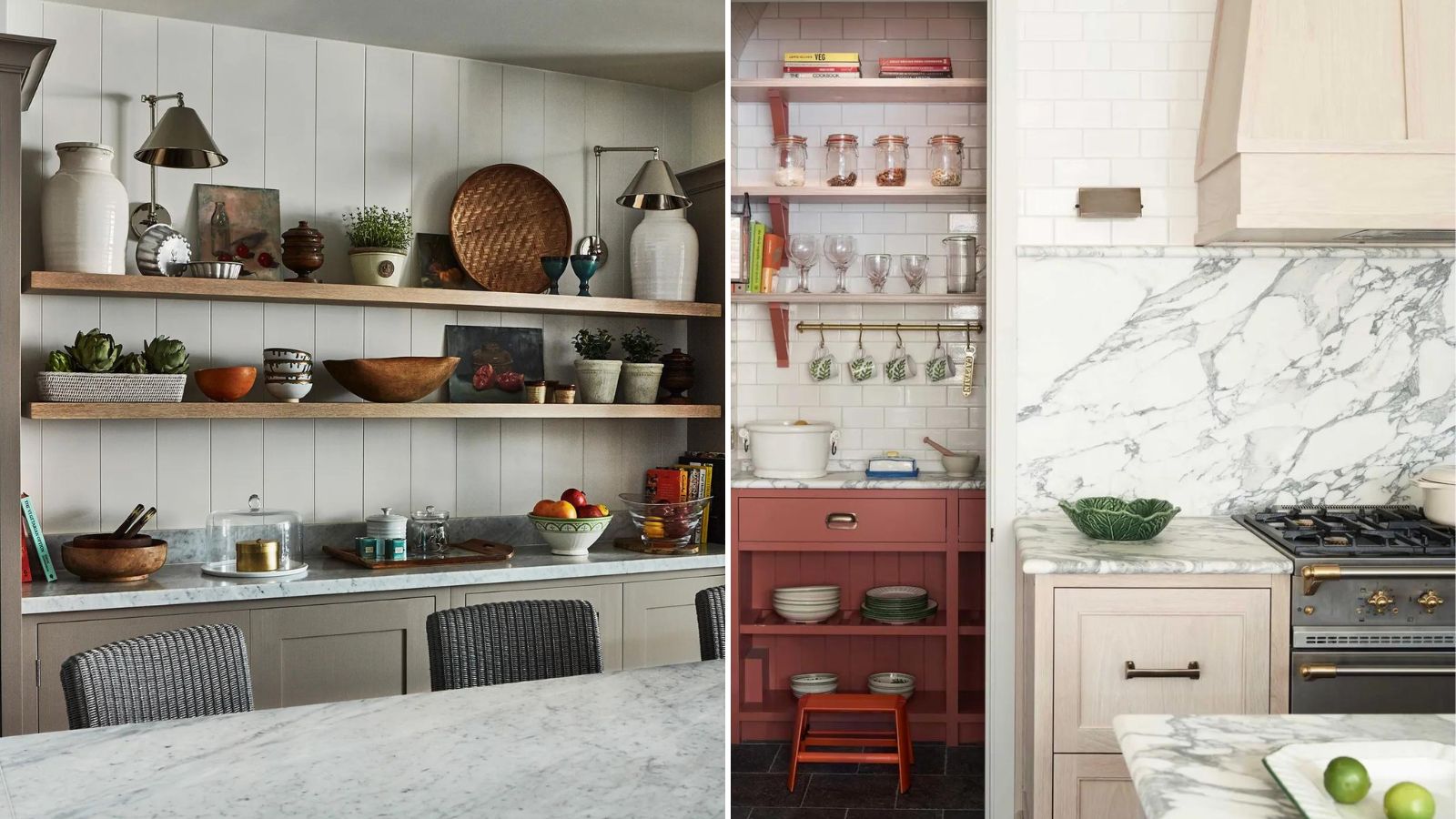

Once I've scraped the last measly spoonful of peanut butter from the bottom of the jar, it's awfully tempting to toss the container straight into the trash. But over the years I've discovered some helpful ways to reuse glass jars, plastic containers and other seemingly 'useless' kitchen items around my home.
There are certain items I never throw out because – as shocking as it may sound – not everything in my home has to be aesthetically pleasing if it can serve a practical function.
So, the next time you're poised to get rid of an old paper bag or chuck your used coffee grounds down the garbage disposal, pause and consider where else these items might prove to be useful.
Kitchen items you should never throw out
This list is by no means exhaustive. If you can give a second life to anything in your kitchen before sending it to the landfill, it's worth a try!
1. Glass Jars And Containers
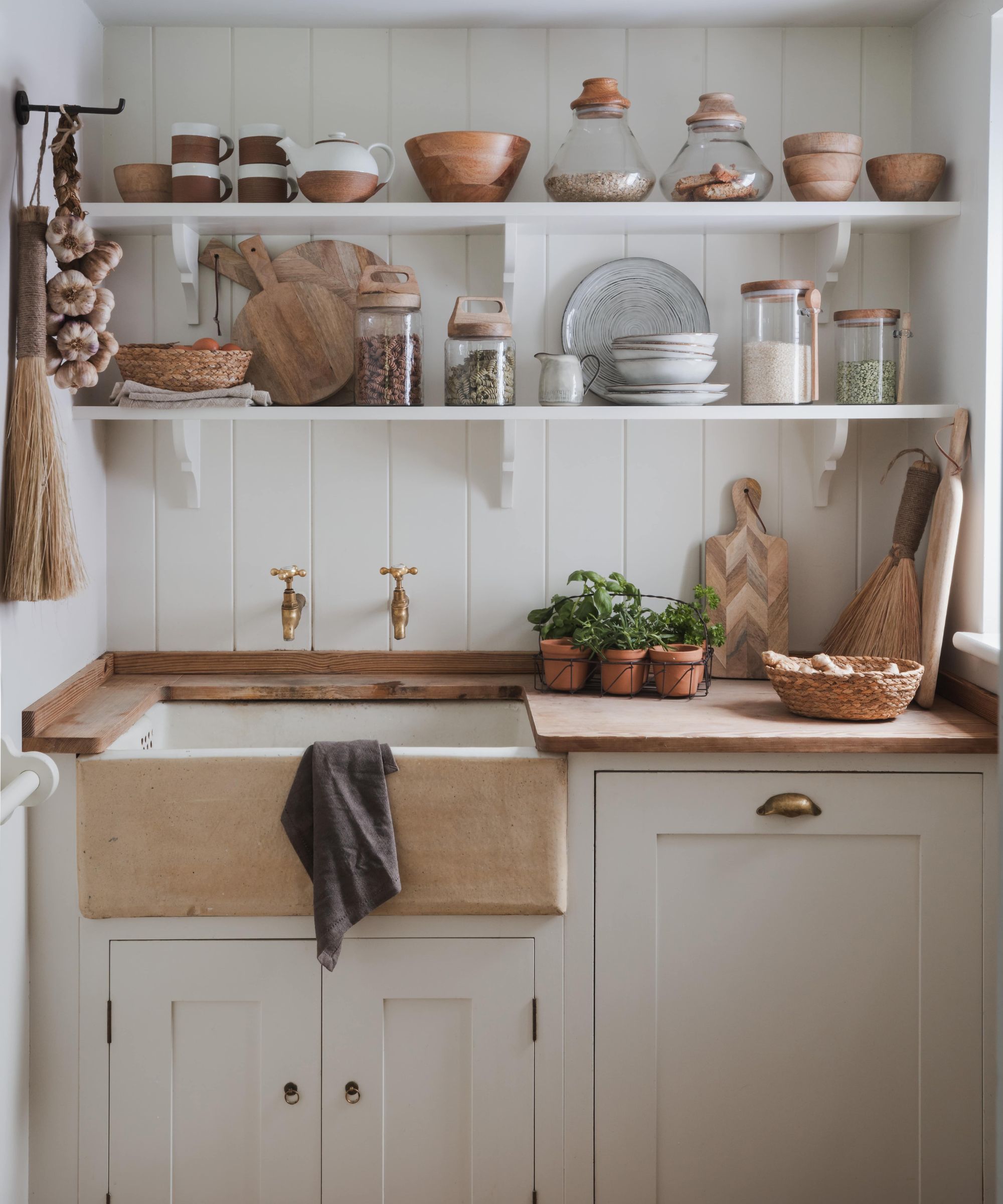
I never throw out glass jars – especially if they're a unique shape or size. These containers are incredibly versatile and I've been known to repurpose and reuse them in a variety of creative ways.
You can use old jars as DIY pantry storage for staples like rice, pasta, and spices. Create your own handwritten labels or purchase a portable label maker, like this one from Amazon. Make sure you clean and sanitize your jars before decanting food into them though. This is as simple as putting them through the dishwasher on the hottest setting (just don’t touch the inside with your fingers when you take them out).
Glass jars also make excellent containers for homemade sauces or preserves. I like to keep a clean jar on the side when I’m cooking, so I can whip up a simple salad dressing on the fly.
Beyond the kitchen, you could channel your inner Martha Stewart and use particularly attractive glass jars to display cut flowers in a guest bedroom, use them as tea light holders on the porch, or corral bathroom essentials like cotton balls and Q-tips.
2. Plastic Containers:
Repurposing plastic food containers or takeout boxes is another great way to organize your home without spending money. These containers typically aren't as attractive as glass vessels, so I'm not about to suggest you fill them with flowers and pop them on the mantle. However, I always clean mine thoroughly and use them to store leftovers in my refrigerator.
Plastic containers are also perfect for organizing your kitchen drawers and cupboards. Hidden out of sight, I find them helpful for small items such as spices, baking supplies, and snacks.
In a home office or hobby room, plastic containers can help bring order back to your stationary or craft supplies, such as pens, beads, and other small and easy-to-lose materials.
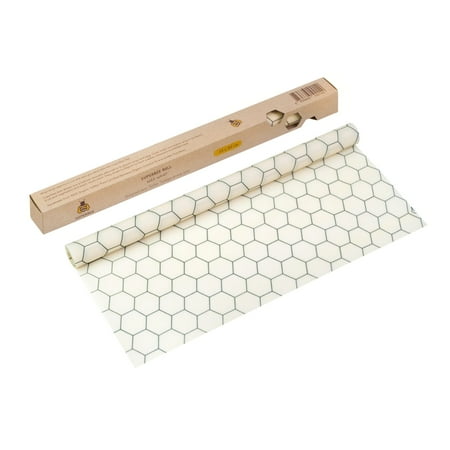
If you really want to be eco-friendly, swap your plastic wrap for beeswax wrap. This XL roll can be cut to size to cover all manner of containers and help keep your food fresh.
3. Old Towels and Cloths
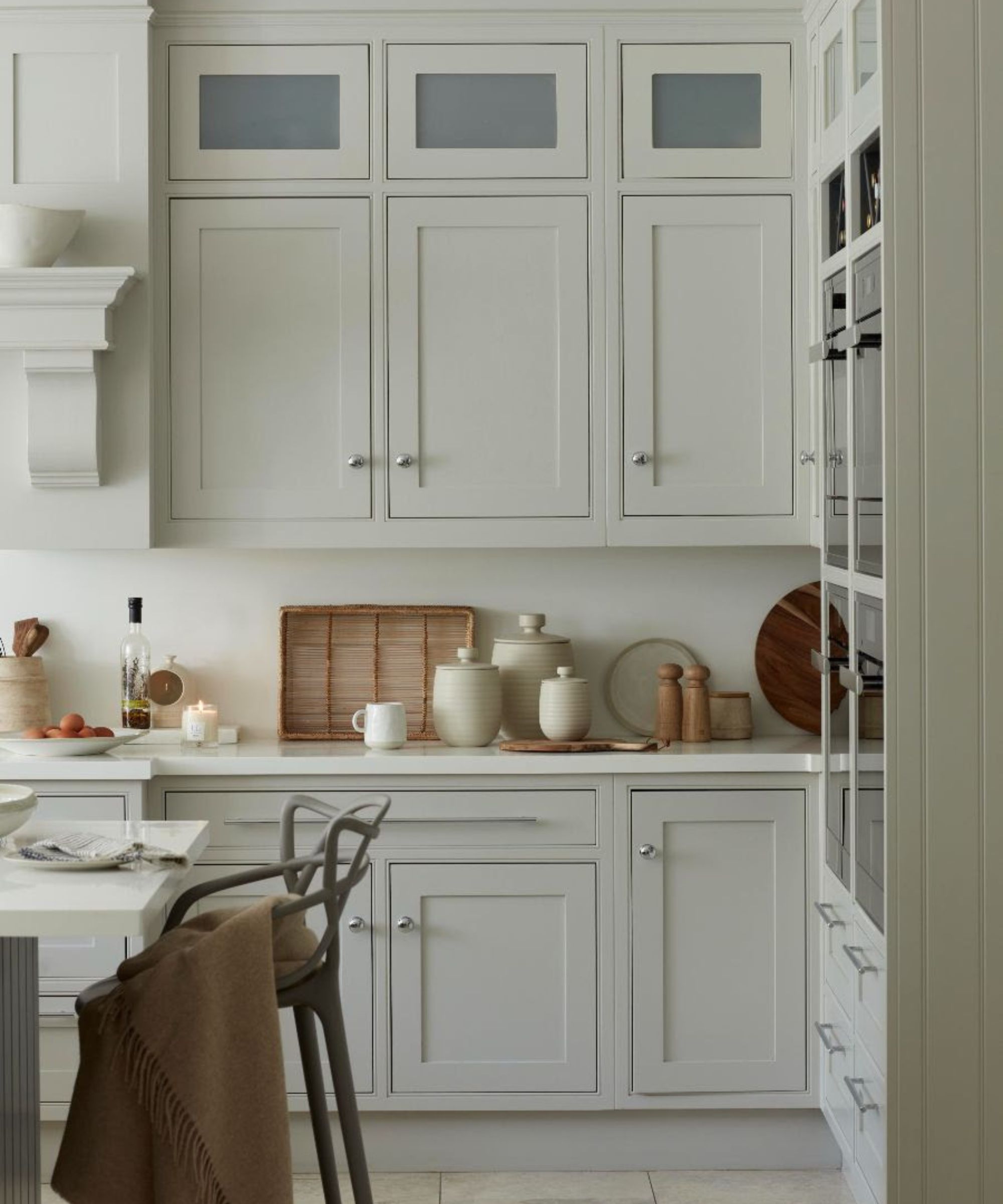
Despite my best efforts, even my favorite kitchen towels have an expiry date. When these textiles are no longer fit for purpose, I make a point of cutting them into smaller pieces to use as cleaning rags. These are perfect for dusting and wiping down, particularly dirty kitchen surfaces. They’re also handy for washing cars or cleaning up spills in the garage.
As a pet owner, I can also attest that old towels make great bedding and drying towels after bathing your dog.
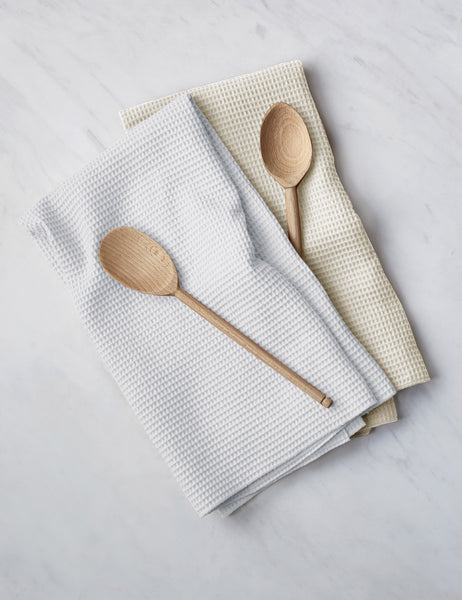
When you inevitably replace your old towels, opt for well-made textiles like these. They're lightweight, quick to dry, and hold their form from wash to wash.
4. Paper Bags
Honestly, there’s something about bringing my groceries home in a paper bag that already makes me feel quite smug. That being said, if you stock up on canvas tote bags or hold onto your plastic bags from shopping trips, you probably won’t need to bring home a branded grocery bag again!
I reuse old paper bags as trash bags for smaller bins, especially in bathrooms or my home office. If they’re clean, they can also make excellent wrapping paper for gifts – just add some rustic twine or a sprig of greenery. Alternatively, you can cut them into strips and use them as packing material to protect fragile items during shipping or storage.
Elsewhere in the kitchen, I’ve used paper bags to ripen fruits faster or as a base for at-home composting.
5. Coffee Grounds
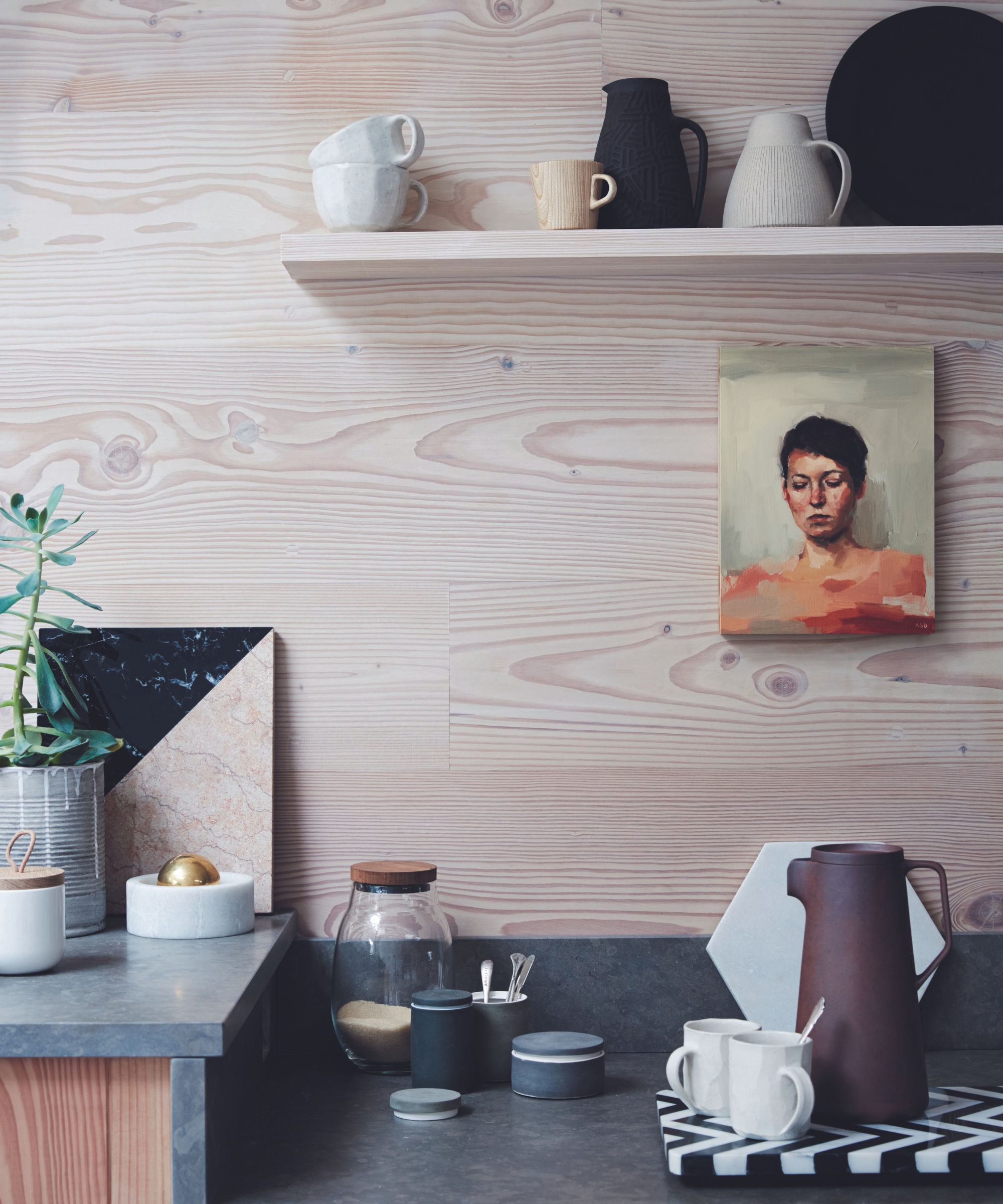
I've written before about using coffee grounds to clean an oven (something I don't recommend) but used coffee grounds are actually incredibly versatile. I drink a lot of coffee, so I’ve got plenty of experience using the grounds around my home and in my garden.
Outside, coffee grounds are a good natural fertilizer. Sprinkle the grounds around your plants or add them to your compost pile. They can also act as a natural pest deterrent, repelling insects like ants and slugs when sprinkled around your home’s perimeter. Just be careful to double check where not to use coffee grounds in the garden.
Inside, used coffee grounds can be used as a deodorizer to get rid of bad fridge smells. Place a bowl of dried coffee grounds in your fridge or freezer to absorb unwanted odors. Alternatively, coffee can be used to clean a kitchen in a variety of ways, from scrubbing dirty pans to repairing scratches in wooden surfaces.
6. Aluminum Foil
Aluminum is an underrated material that really earns its status as a kitchen staple. After cooking, if your foil is still clean and free of food residue, you can simply rinse it off and use it again for future baking, grilling, or wrapping leftovers. Foil is also excellent for sharpening kitchen scissors; I just fold it into multiple layers and cut through it several times.
If you've rub out of kitchen scrubbers, you can also crumple your foil into a ball to effectively scrub pots, pans, and grill grates. I find it particularly good at removing tough, stuck-on food.
7. Citrus Peels
Not all food scraps are destined for the trash can in my kitchen. I like to use citrus peels to make DIY natural cleaners. Simply soak the peels in vinegar for a few weeks to create an all-purpose cleaner that can be spritzed onto kitchen and bathroom surfaces.
Composting citrus peels is also an excellent way to return nutrients to your garden soil, and makes for happier, healthier plants.
Items I do throw out
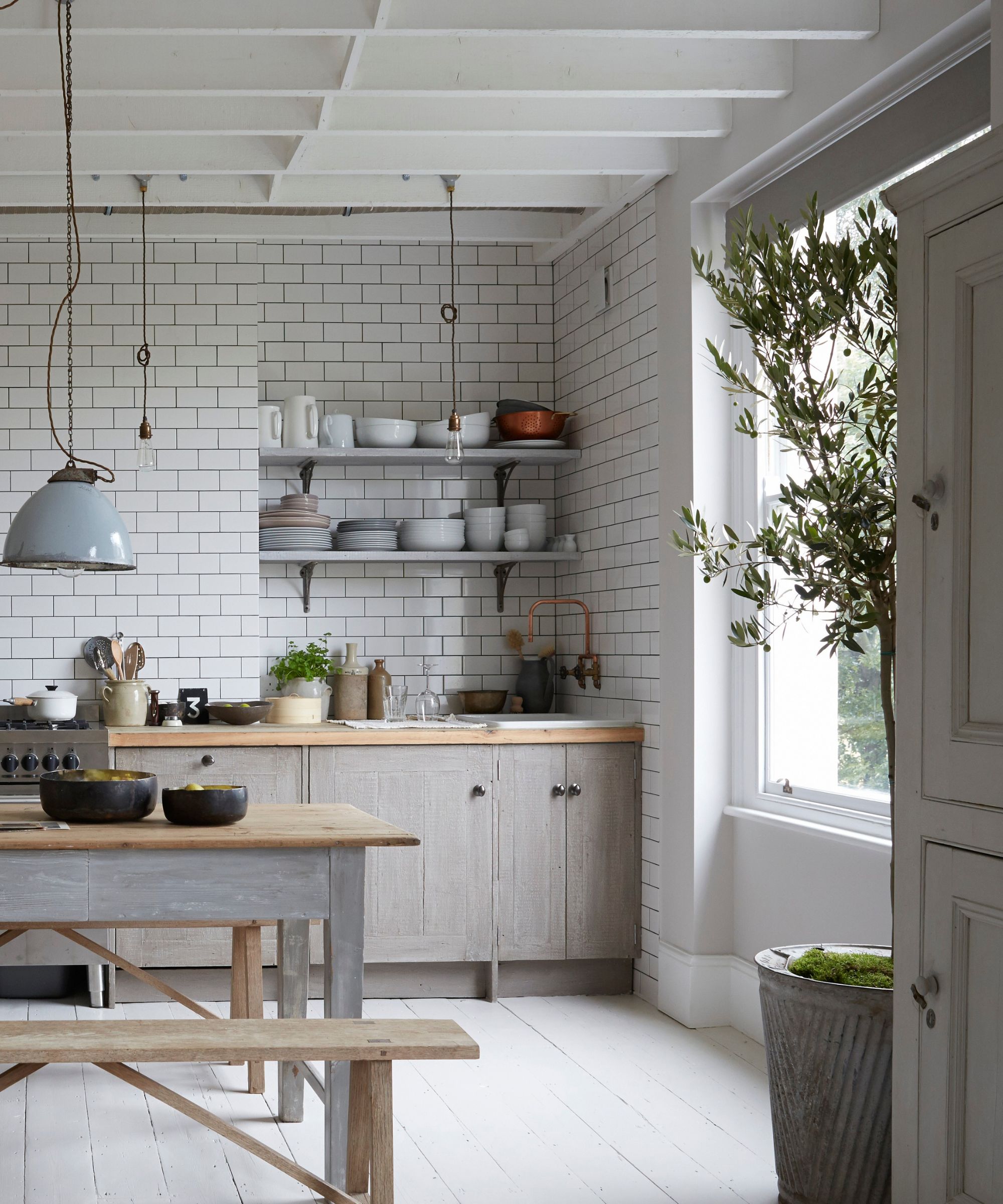
By now you'll hopefully realize that I try to reuse and repurpose as many kitchen items as possible to do my bit for the planet. But that doesn't mean I subscribe to every green tip I read online.
While many cooks swear by reusing cooking oil, I don't recommend this. Not only can it taint the taste of your food but I find the whole process quite messy and has the potential to create bad odors in your kitchen. Not a lot people realize that you can actually dispose of cooking oil in an environmentally-friendly way.
Another item I tend to toss out are old sponges and dishcloths. While it's tempting to get as much use out of these as possible, they can harbor nasty bacteria and mold. Try to replace them regularly, especially if they develop a bad odor or start to fall apart.
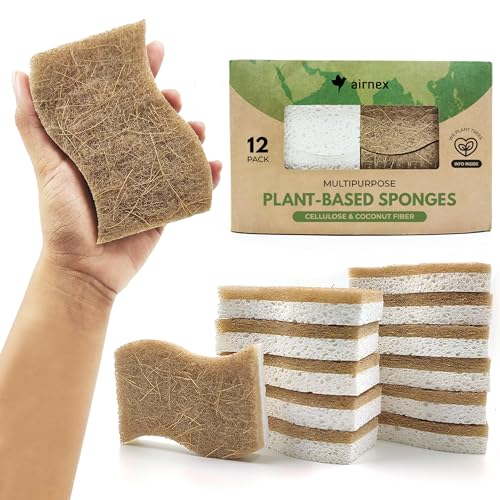
If you feel guilty about tossing out kitchen sponges, try purchasing biodegradable sponges instead.
Why stop with the kitchen? There are probably plenty of bedroom items you should never throw out and lots of items you should organize instead of throwing away in your home.
You can also re-purpose old pillows into many useful new items for your home and garden.
Sign up to the Homes & Gardens newsletter
Design expertise in your inbox – from inspiring decorating ideas and beautiful celebrity homes to practical gardening advice and shopping round-ups.

Thomas Litten is a freelance food and drink writer whose articles and product reviews have been featured in a variety of national publications. His introduction to food and drink came through the hospitality sector, running bars for Michelin-starred restaurants. This experience, plus a love of good food, wine, and spirits, led to a career selling premium drinks to high-end restaurants and later providing consultancy services to food and drink start-ups across the UK. Now, based in southwest England, he mainly divides his time between working for a leading bakery business, visiting coffee shops, and collecting and writing about kitchen gadgets.
-
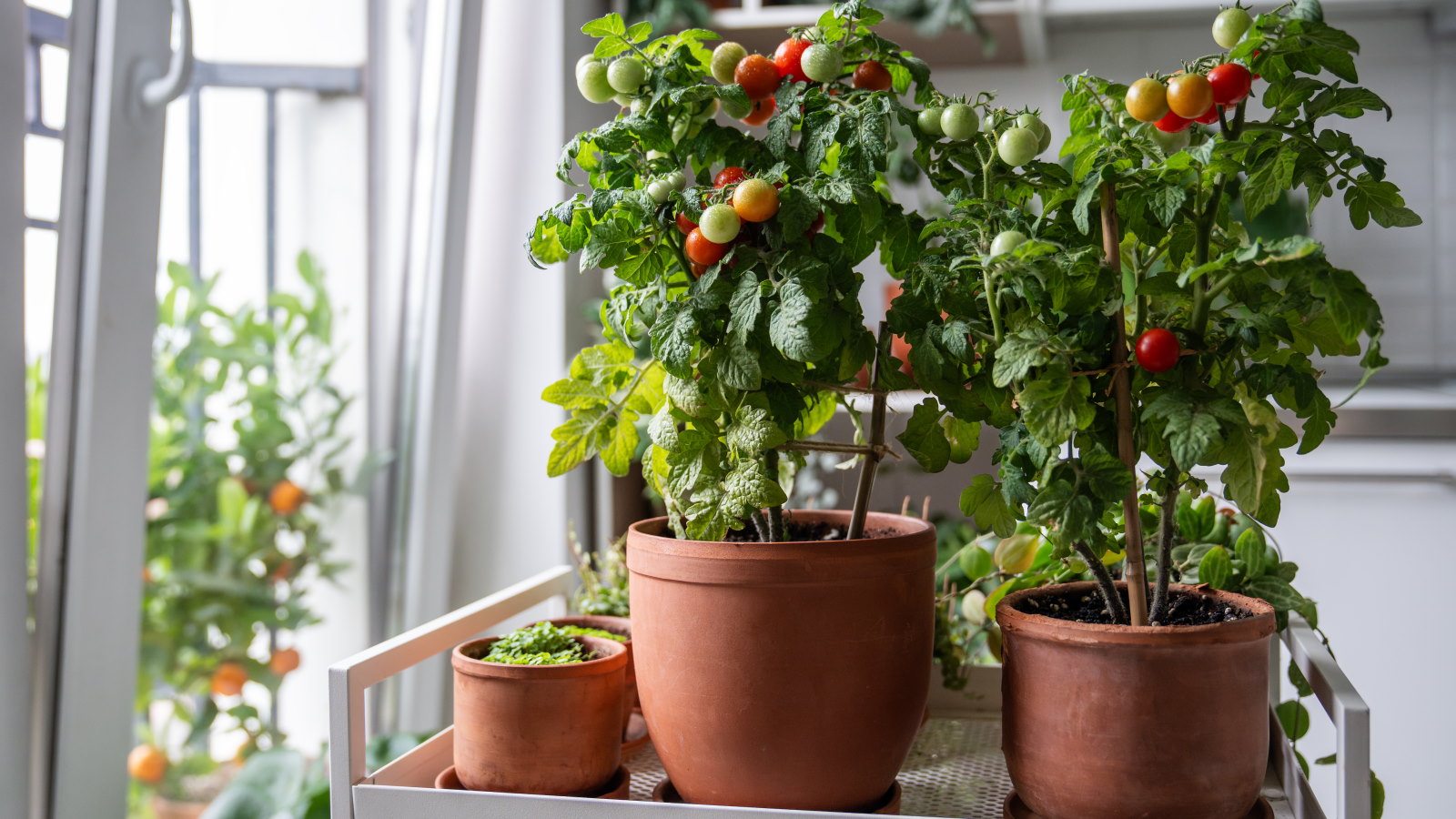 7 of the best tomatoes for growing in pots - expert growers pick their top varieties ideal for large harvests from containers
7 of the best tomatoes for growing in pots - expert growers pick their top varieties ideal for large harvests from containersYou can enjoy bumper homegrown harvests in small spaces
By Drew Swainston Published
-
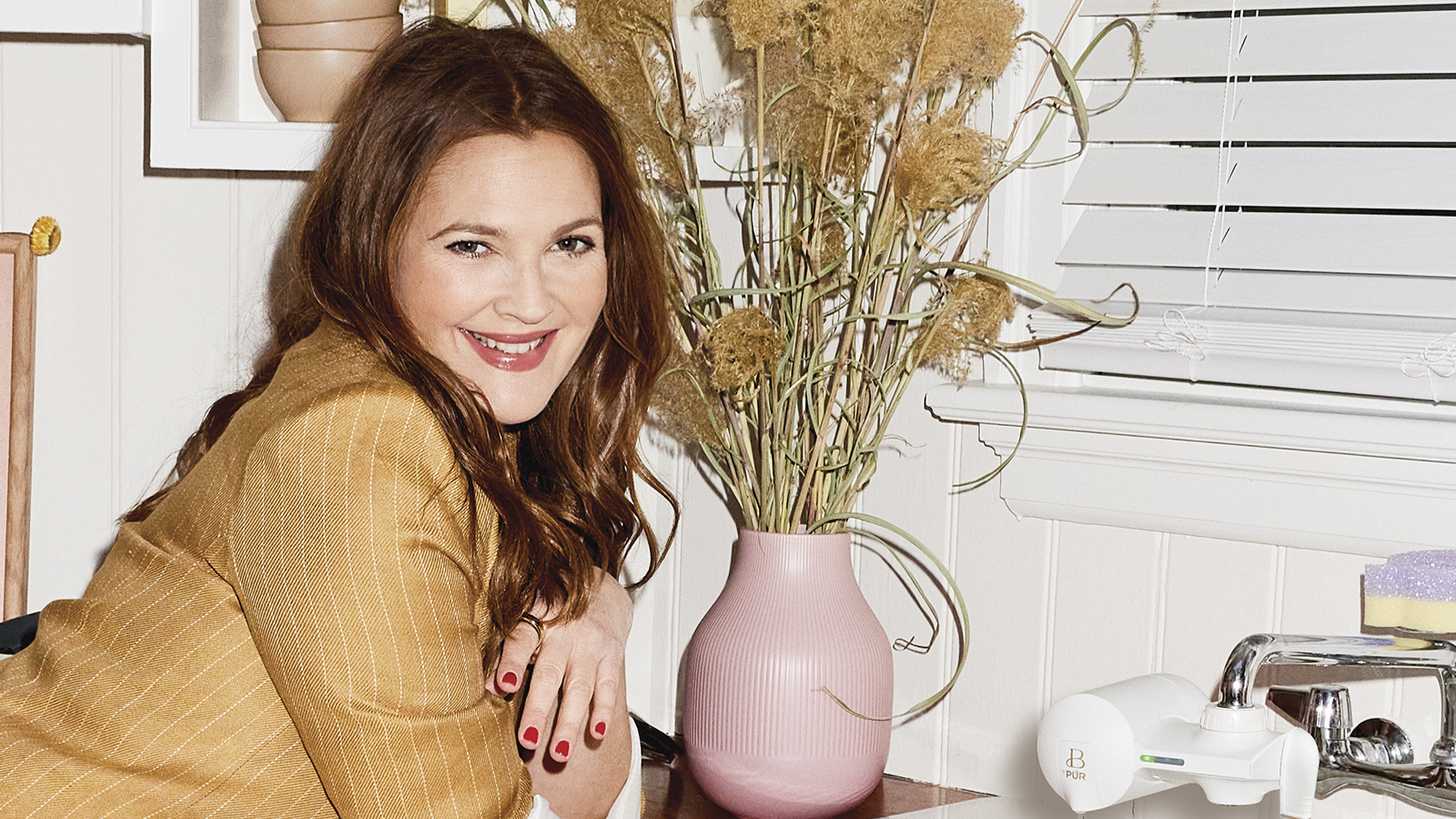 Drew Barrymore creates a 'balanced' kitchen in 4 easy steps – her rules will make your small, compact countertops feel beautiful
Drew Barrymore creates a 'balanced' kitchen in 4 easy steps – her rules will make your small, compact countertops feel beautifulDrew proves that with the right styling (and chic appliances), you can make even the smallest of kitchens look harmonious
By Hannah Ziegler Published